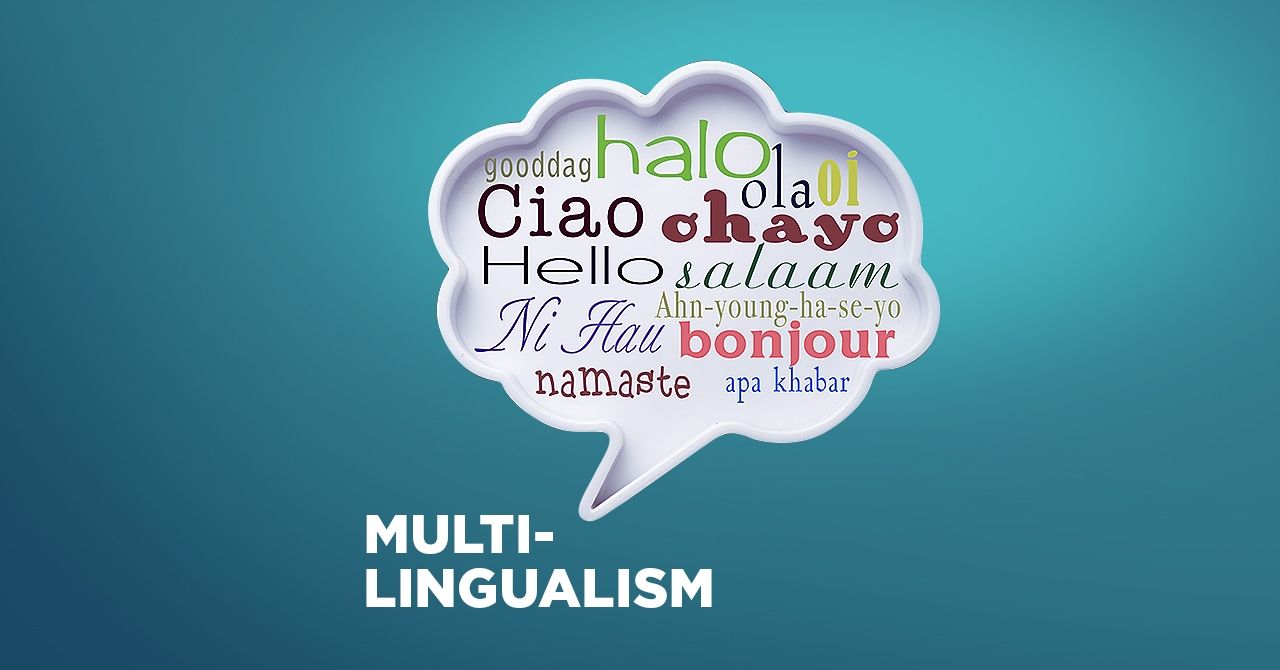
Learning Multiple Languages at Once. Why the Struggle?
Starting to learn a new language already seems like a big leap in development and sounds hard enough alone. However, learning different languages at once may bring times as many benefits as learning only one at a time.
You have read the article and are probably now wondering why on Earth would someone start learning a new language in pair with another one. Starting to learn a new language already seems like a big leap in development and sounds hard enough alone. Well, you are not wrong. However, learning different languages at once may bring times as many benefits as learning only one at a time.
Concept of Multilingualism or Why You Should Think Like a Google Translator
Multilingualism is the concept of a person using more than one language. This means that the person has learnt more than one language – either a second-to-native or two different from the native one minimum – and is able to fluently express himself/herself in various forms by speaking, writing, listening, or reading (or all at once).
This person is a walking Google Translator (or has a Google Translator mind as I would call it). It means that multilingualism allows to cross-reference multiple languages, which helps you memorize a word better if you know the translation of it in other languages. When translating from a foreign language to your native you may often find yourself stuck or lost for words, while trying to remember what it means in your language. This is when you can switch to the other language as if you were the almighty Google Translator, and quickly recall what the word means in your native.
Multi-Beneficial
You already know what Multilingualism and Google Translator mind are, but still may be wondering what would make the person learn two at once. It is simple and you had a glance at the answer in the previous section. There are multiple benefits of learning two languages at once:
• Google Translator mind – you can use other languages as a reference if you can’t recall something in another. Multiple languages can be similar in grammar too because they belong to a common group of languages.
• Identifying cultures – you can think of a language from a perspective of a culture, as it is easier to remember. Moreover, many people approach language as math, which is only partially correct. Behind any language the there is a culture, which contributes greatly to the learning process.
• Memory and critical thinking – it is hard to deny that once you would feel successful trying to learn two languages at once, your memory would become more trained. Moreover, the cross-referencing process would contribute to development of critical thinking.
Where to Start
You already know a bunch of things about multilingualism and the benefits of learning multiple languages at once. Nevertheless, that is all just theory. Most of you would immediately ask about certain steps of how to prepare or start learning different languages simultaneously. Here are some methods I have used with my students:
• Movies – it is a common practice that most of the tutors advise you to use while learning some language. However, it is even more useful for multilingualism – you can use subtitles and audio in different languages to connect those two together.
• Making proper notes – for better learning make notes in all possible languages, so that you could visualize and cross-reference easier.
• Environment – try to get into an international environment more. People tend to learn from each other.
Another way is to find an online language tutor to learn multiple languages at once!
I'm Vasyl Zhuk, an English tutor. I have spent over 4 years helping people learn English, Ukrainian, and Russian.

